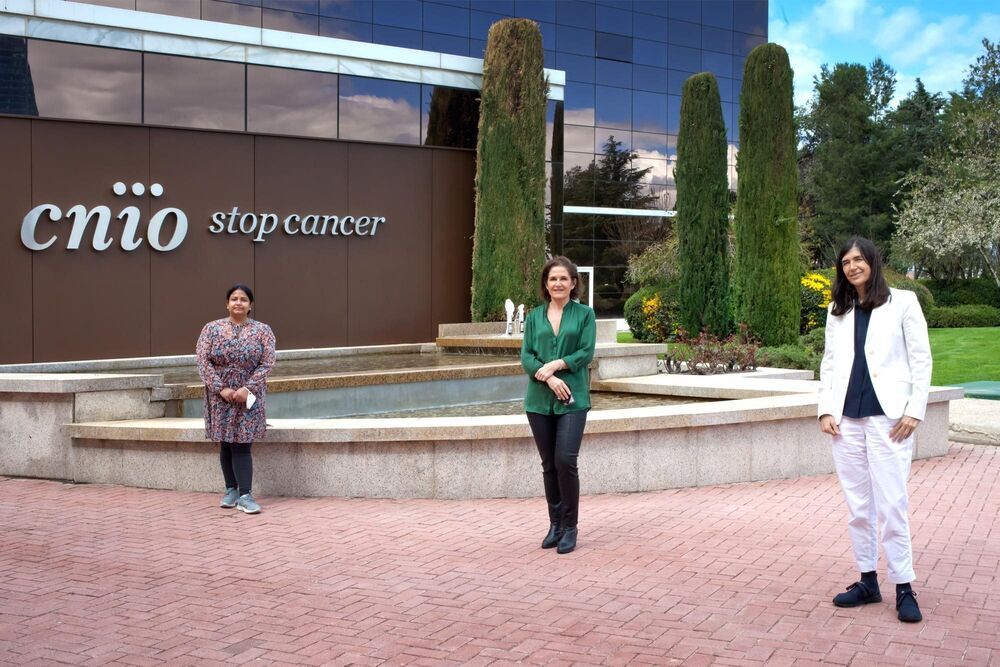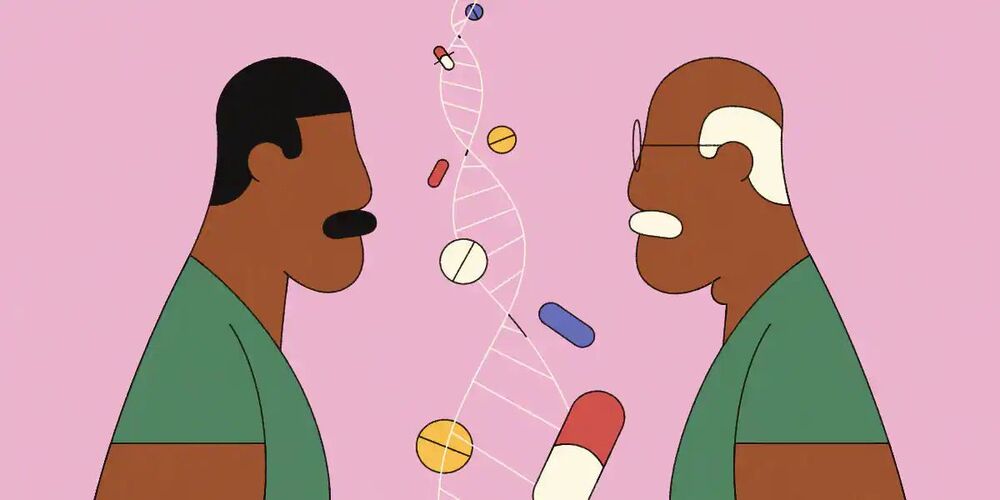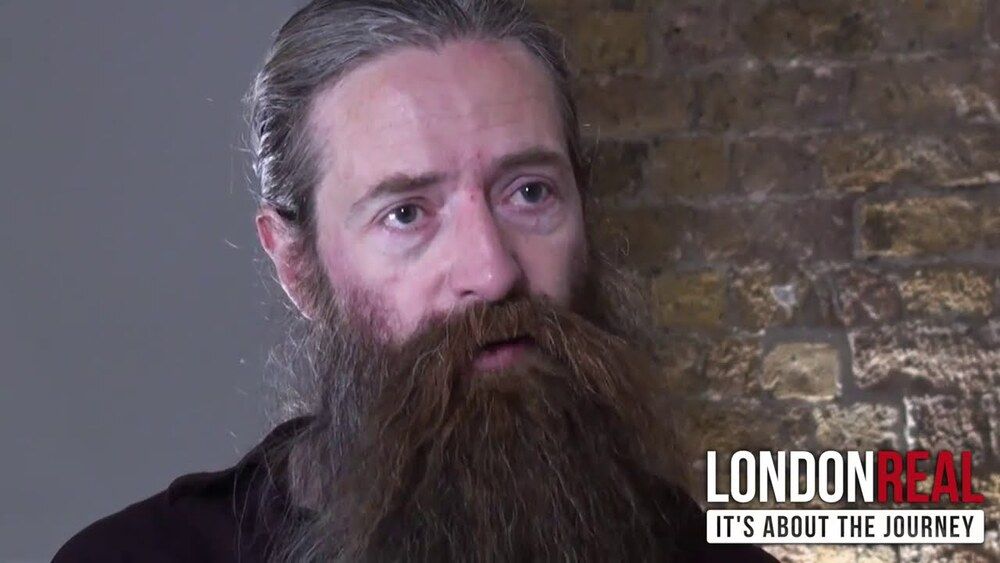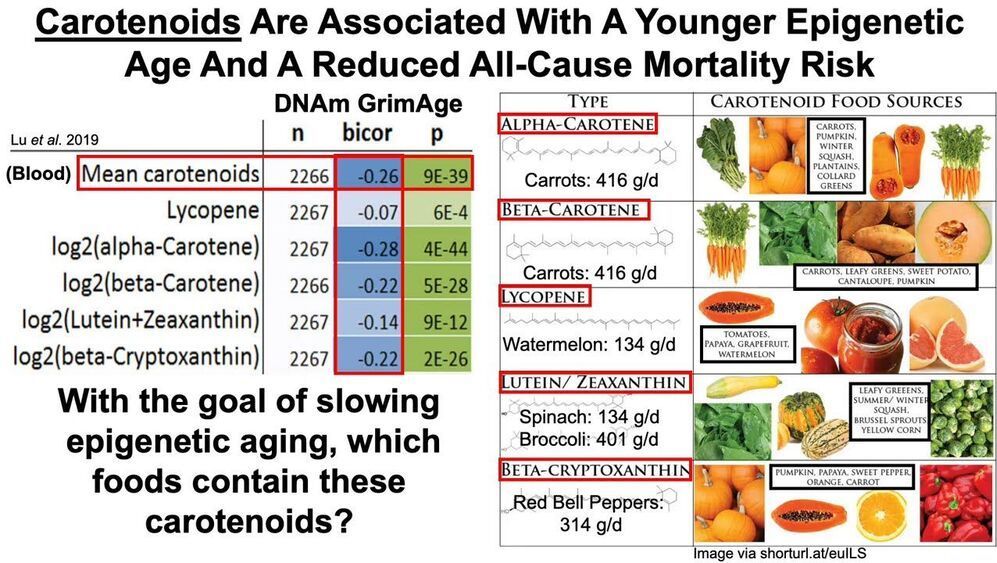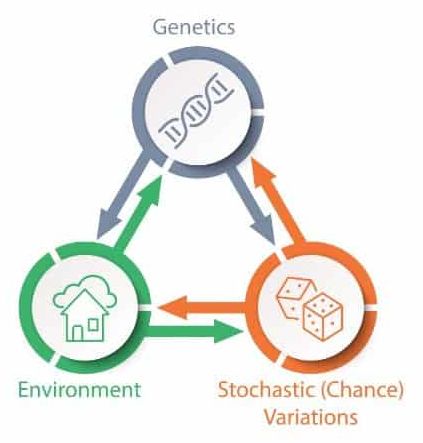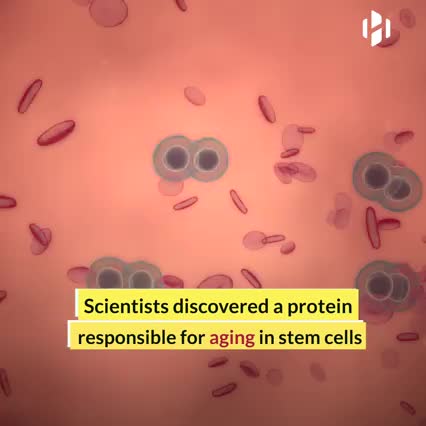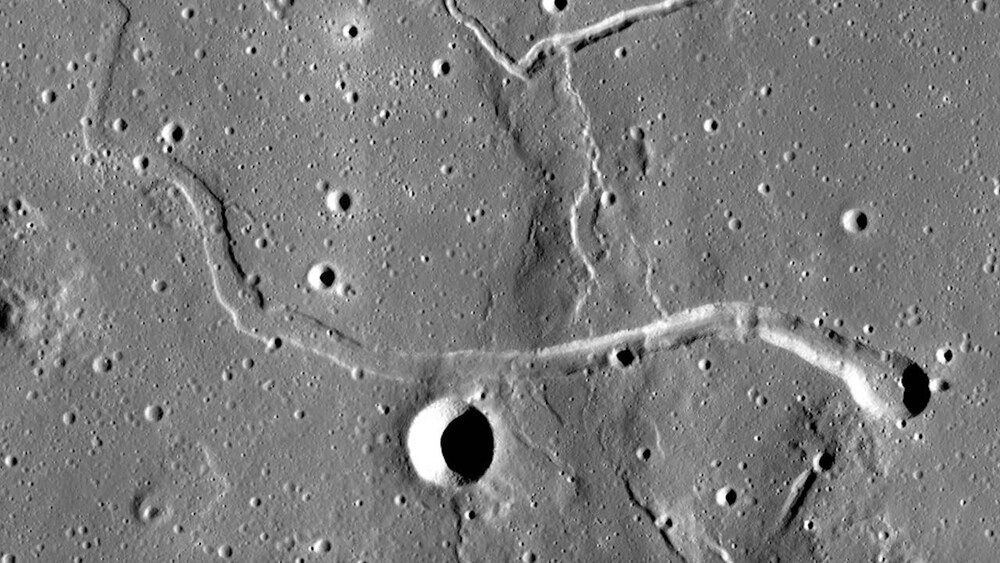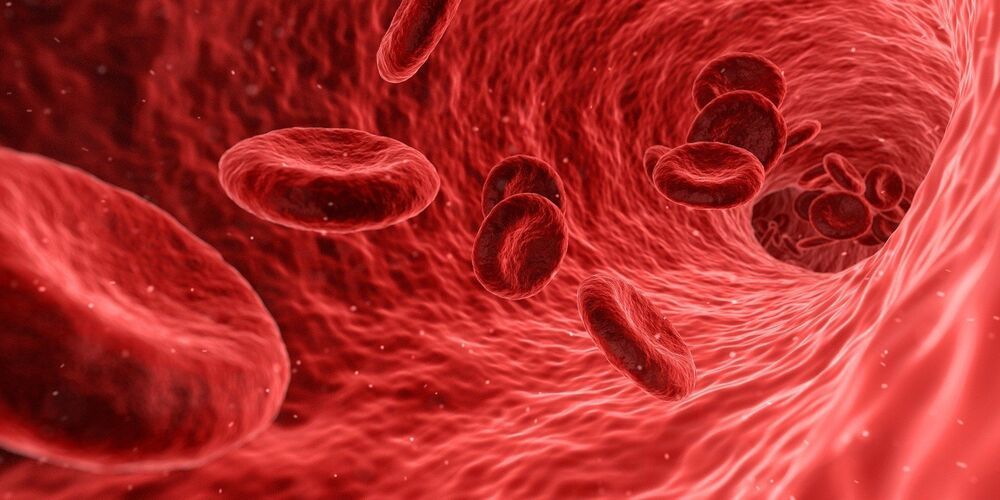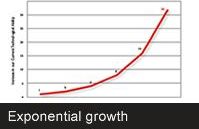
Check out “How Watson Works here.”
Is it possible to live forever by using narrow AI that can perform faster and smarter than humans? Having a doctor give you the correct diagnosis and treatment plan only happens on average, 54% of the time, as the New England Journal of Medicine has pointed out. Having Watson instantly diagnose you with the correct diagnosis and treatment plan 95% of the time will become the new standard. Our crop of new personal medicine products such as continual internal diagnostics, synthetic immune systems, virtual assistants, and regenerative medicine will diagnose and stop sickness from ever occurring while constantly rebuilding and improving body and mind capabilities.
IBM has made a series of Watson computer systems so that any company can raise their industries products and services far beyond our human capability. IBM’s Watson was first featured to the public with its historic Jeopardy win over Ken Jennings and Brad Rutter the best human Jeopardy players. At the time, Watson contained 200 million pages of structured and unstructured content in a ninety server computing system with an analytical software IBM designed called DeepQA. Now, the financial markets, medicine, insurance companies, government, engineering, and customer service call centers are employing (buying) Watson is an artificial intelligence system, that can be specifically tailored to any digitized industry and quickly evolve their industries potential.

